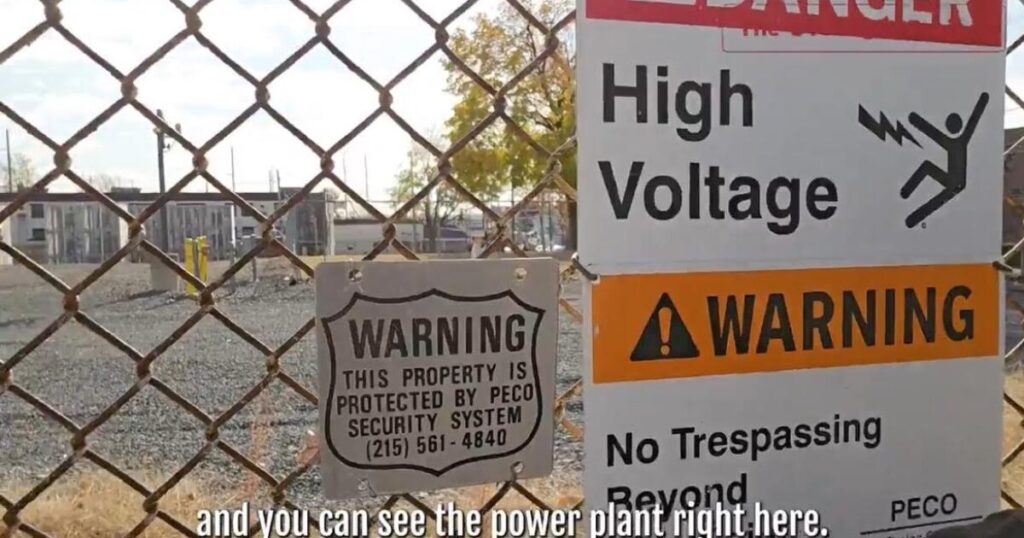Recent investigations by the Oversight Project have revealed significant irregularities in the distribution of mail-in ballots across Pennsylvania, highlighting potential issues with election integrity. Reports indicate that these ballots have been mistakenly sent to uninhabited locations, including industrial sites like power plants and recreational areas such as baseball fields. According to a Real Muckraker journalist, these discoveries have raised concerns about the legitimacy of mail-in ballot requests, especially given that some ballots were returned as undeliverable. The coverage emphasizes the need for scrutiny of the mail-in voting process as Pennsylvania gears up for the 2024 general election, with further investigations planned to unravel the extent of the issue.
The situation is particularly alarming considering the role that mail-in ballots played in the 2020 election, where Democrats heavily relied on this voting method to secure key victories. At one point during the 2020 election night, former President Trump held a substantial lead in Pennsylvania, with over 700,000 votes. However, as mail-in ballots continued to be counted in areas like Pittsburgh and Philadelphia, Trump’s lead dwindled, ultimately leading to a narrow victory for President Biden by approximately 80,000 votes. Critics, especially from the Republican camp, have alleged that this counting process, which extended over several days without proper GOP oversight, facilitated potential manipulation that could undermine the electoral process.
In response to these past events, legal disputes surrounding mail-in voting practices have intensified. Following the chaotic aftermath of the 2020 election, the Pennsylvania Supreme Court ruled that ballots lacking proper dates or undated ballots would not be counted. This decision was part of a larger effort to clarify voting regulations and enhance election integrity. The Republican National Committee (RNC) attempted to build on these rulings by filing a lawsuit aimed at blocking mail-in ballot curing—a process that allows voters to correct issues with their ballots. However, the state’s high court determined that the lawsuit was submitted too close to the election timeframe, limiting its effectiveness.
Despite these legal maneuvers, election officials in Pennsylvania are now empowered to inform voters of any mistakes on their ballots, allowing for necessary corrections. This change aims to improve the accuracy of the voting process and ensure that eligible voters are not disenfranchised due to clerical errors. The new measure reflects a shift toward more proactive communication between election officials and voters, which may help address some concerns related to ballot integrity and election security in the upcoming elections.
The 2024 general election is already shaping up to be a contentious one, especially with the ongoing debates around the legitimacy of mail-in ballots. Pennsylvania remains a critical battleground state, where the outcomes can significantly influence national results. The state’s voting practices have come under renewed scrutiny as citizens and policymakers grapple with how to conduct elections effectively while safeguarding against potential fraud. The mix of historical context, legal challenges, and media reports of misplaced ballots adds layers of complexity to the ongoing discussion on voting integrity.
In conclusion, the revelations surrounding mail-in ballots in Pennsylvania raise serious questions about the electoral process in the state. As journalists continue to investigate these misdirected ballots and the implications for upcoming elections, the spotlight remains on both political parties and election officials to ensure that the integrity of the electoral system is upheld. With the stakes higher than ever, it will be crucial for all stakeholders to work collaboratively to address these concerns, enhance voter confidence, and provide a transparent electoral process leading up to the 2024 election.

